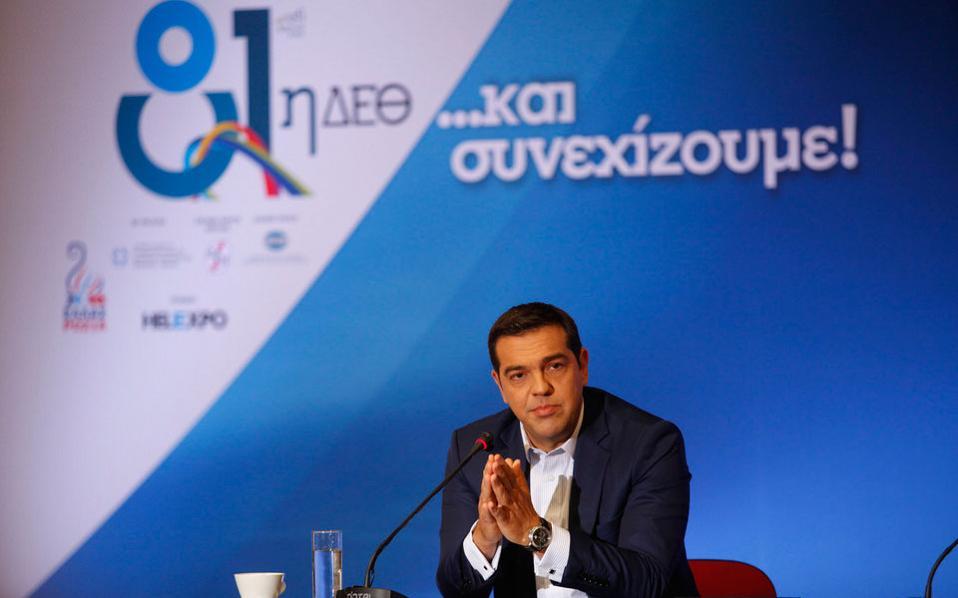Who’s governing Greece?

At his recent press conference at the Thessaloniki International Fair, PM Alexis Tsipras referred twice to the way in which government decisions are taken. The first time he was asked about the possibility of a cabinet reshuffle. He replied, among other things, that his way of governance is not to order his ministers around but to “operate in a collective way.” When he was then asked about disputes between the head of sell-off fund, TAIPED, Stergios Pitsiorlas, and various ministers, he said that “decisions are taken in a collective way and this is why we have informal bodies that convene and decide on the policy line.” He went on to say that there were differing opinions and evaluations, “but I assure you that we take decisions collectively, based on the public interest; that’s how we work.”
It is doubtful to what extent Greeks took note of these specific references or whether they felt relief at knowing how Tsipras exercised his duties. What is certain is that these references can be interpreted in various ways, even if in the second instance, regarding Pitsiorlas, his answer was irrelevant to the question and simply contributed to his efforts to avoid demonstrating clear support for TAIPED’s chief and displeasing top ministers who are the pillars of the SYRIZA-Independent Greeks system.
One interpretation is that Tsipras and his ministers espouse democratic centralization, a notion that fits their ideology, despite what seems to be a turn toward pragmatism, judging from certain Tsipras statements in the last few months. He made similar comments in Thessaloniki but made sure to quickly annul them. Democratic centralization means that everyone expresses their views and objections, a decision is taken and everyone appears as a unified front in public. Discord is not allowed to be expressed in public. Or is it? In the case of Pitsiorlas, the notion of democratic centralization is abandoned altogether. Or, perhaps with his answer, Tsipras intended to make a point to ministers who challenge the decisions taken. Time will tell.
Another interpretation is that by insisting on collectivity, the PM refuses full responsibility and metes it out. Besides, according to Tsipras, the upcoming SYRIZA congress will focus on “issues that have to do with improving the effectiveness of government and we will take our decisions collectively.” He added that the congress will also discuss “the country’s major issues, the road map, the plan to exit the crisis.” In other words, the man said that it’s not the government that has the first say but the party and he is nothing more than the first among equals, even though he has the PM title. So, the party will be deciding the country’s future.
A third interpretation is that Tsipras does not exercise his duties either because he does not understand his role, doesn’t want to play it or simply can’t. So here’s the big question: Exactly who is governing the country?





